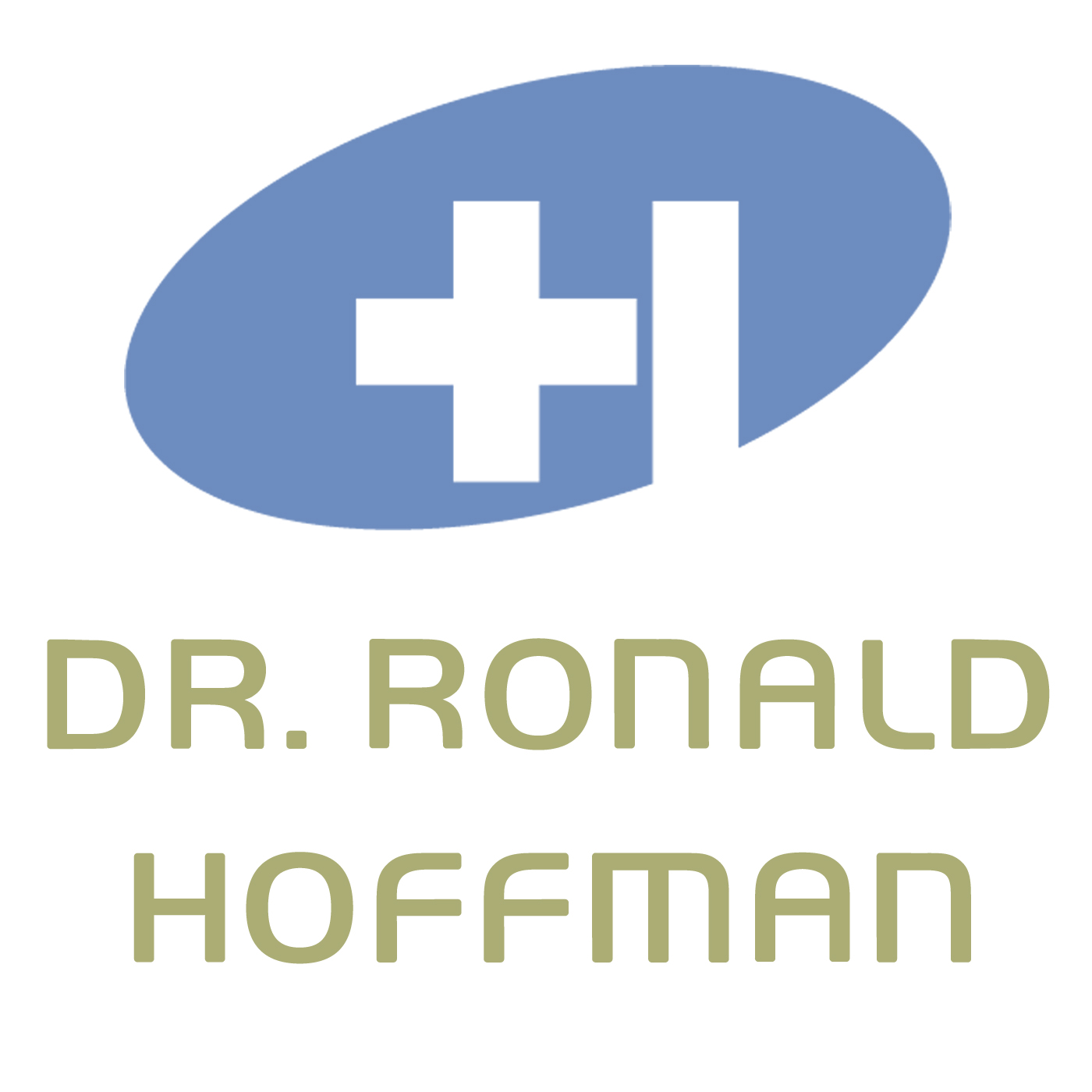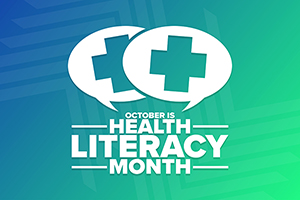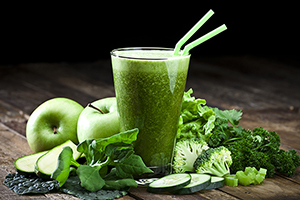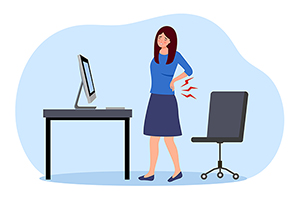| Podcast | |
|---|

|
Intelligent Medicine Radio Show for November 11, Part 1
November 13, 2017
It’s cold outside—but cold exposure may confer many health benefits! What to do for kidney stones; Probiotics relieve anxiety; Excess body fat may neutralize chemo effectiveness; Gut bacteria may make or break your chance of response to cancer treatment; Reg’Activ probiotic selected as 2017 “Best of Supplements” for detox and cleansing; Walking—even just a little—may reduce your chance of dying; Do you have to avoid tomato-derived lycopene on a nightshade-free diet for osteoarthritis? Click HERE for part 2. Click HERE for articles and resources relating to this podcast episode.
|
 |
|

|
Intelligent Medicine Radio Show for November 11, Part 2
Long-term use of acid-blockers ups risk of stomach cancer by eight-fold; “Eat breakfast like a king, lunch like a prince, and dinner like a pauper” proves to be sound health advice; Six foods that fight colon cancer; A caller who self-medicates with chocolate fudge caramel ice cream; New survey shows avoidance of GMO foods helps alleviate GI symptoms, many other health complaints; Half of world’s population gets less than five minutes per doctor’s visit, Antioxidant supplements and foods help diabetes. Click HERE for part 1. Click HERE for articles and resources relating to this podcast episode.
|
 |
|

|
Leyla Weighs In
November 10, 2017
New link found between inflammation and mental illness; The effects of folic acid and pyridoxine supplementation in migraine patients with aura.
|
 |
|

|
Breathing Better, Part 1
November 9, 2017
Airway problems may be at the root of numerous health conditions: Fatigue, anxiety, ADHD, even hypertension, cardiovascular disease, metabolic syndrome and obesity. Additionally, breathing optimization can enhance athletic performance. Shirley Gutkowski is a dental hygienist who has shifted her focus to airway problems at her practice “Primal Air” in Wisconsin. Why has the human palate devolved to set the stage for breathing difficulties? Is this a disorder of modern civilization? How does chronic nasal congestion and sinusitis contribute to problems? Why is mouth breathing bad? How does xylitol help to break up nasal mucus? What are its newly-discovered anti-cancer properties? What is Buteyko breathing? How does it create a “reset” for the entire nervous system? If you suspect you’re suffering from airway problems, Primal Air is offering Intelligent Medicine listeners a free consultation via www.PrimalAir.com. Obtain more information about Xlear at www.xlear.com. Click HERE for part 2.
|
 |
|

|
Breathing Better, Part 2
Dr. Hoffman continues his conversation with Shirley Gutkowski, a practicing orofacial myofunctional therapist and Buteyko breathing educator. Click HERE for part 1.
|
 |
|

|
Q&A with Leyla, Part 1
November 8, 2017
FDA rescinds claim that soy is heart healthy. What is the optimal level of vitamin D for someone with osteoporosis? I'm 47 and have a coronary calcium score of 77, is this somehow connected to my medical conditions? Could I replace one cup of regular sugar in a baking recipe with a healthier alternative like stevia or coconut sugar? Click HERE for part 2.
|
 |
|

|
Q&A with Leyla, Part 2
As a nutritionist in Canada, how can I get more physicians to incorporate nutrition as a more standardized practice? D-ribose makes me so sleepy, can you explain why? Will taking bioidentical hormone replacement therapy increase my risk of breast cancer recurrence? Click HERE for part 1.
|
 |
|

|
Refocusing the Doctor-Patient Conversation, Part 1
November 7, 2017
"What Patients Say, What Doctors Hear" by Dr. Danielle Ofri. Much of what transpires in a doctor’s office gets “lost in translation”. Miscommunication is rampant. Caregivers succumb to “depersonalization” which renders patients into mere objects. This undermines patient care. Due in part to rushed visits, physician burnout, and the interposition of electronic medical records, miscommunication also stems from lack of health literacy on the part of patients. Dr. Ofri explores unconscious bias on the part of physicians—how can it be overcome? Why does empathy by health practitioners improve patient outcomes, but carries a potential cost for caregivers? Why do doctors interrupt patients so frequently? Why is simply listening an art, and how can proficiency by honed? Why is study of the humanities now recommended as part of medical training? Click HERE for part 2.
|
 |
|

|
Refocusing the Doctor-Patient Conversation, Part 2
Dr. Hoffman continues his conversation with Dr. Danielle Ofri, author of "What Patients Say, What Doctors Hear." Click HERE for part 1.
|
 |
|

|
Leyla Weighs In
November 3, 2017
Research suggests fungus may play a key role in Crohn's disease and chronic intestinal inflammation; Meditation and yoga can change your DNA.
|
 |
|
|





























